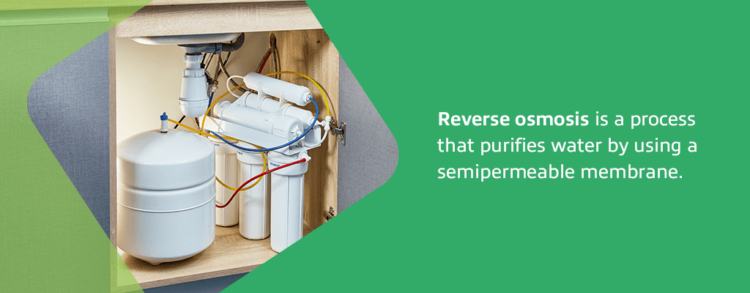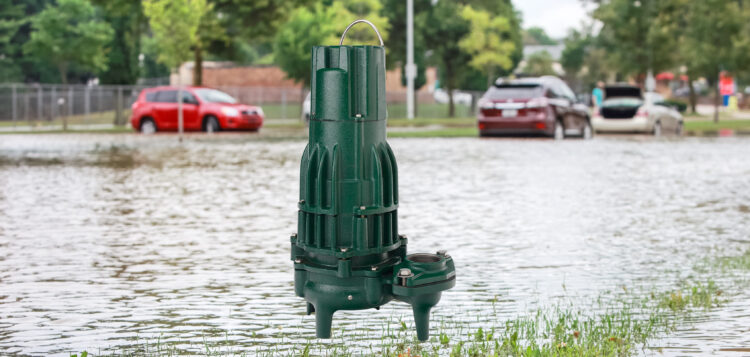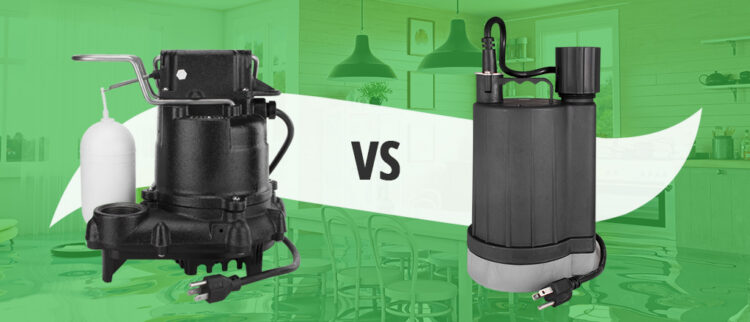A sediment filter helps eliminate contaminants from water by capturing unwanted particles as it flows through the system. Without proper filtration, debris like rust, silt, and storm runoff can damage plumbing, discolour your water, and interfere with the performance of systems like ultraviolet purification or reverse osmosis.
Homes with well water systems especially benefit from sediment filters, as sediment is more common in groundwater. These filters are also critical for protecting the performance of your well pump. Let’s explore how sediment filters function and why they’re so important.
How Do Sediment Filters Function?
Sediment filters use a method called mechanical filtration, where particles are physically blocked from passing through. Think of them like a sieve: they allow water through while trapping larger debris. Filter ratings are based on particle size — for example, a 5-micron filter blocks anything 5 microns or larger.
Micron size matters when selecting a filter. Depending on the types of contaminants in your water, you may need a finer or coarser filter. To put it into perspective: fine sand is about 300 microns, a human hair is roughly 70 microns, and salt grains are around 100 microns in size.
Where Are Sediment Filters Used?
Sediment filters are used in a variety of water treatment systems to enhance sanitation and filtration. They remove physical particles and help protect other filters and appliances from wear or clogging. Here’s where they commonly appear:
Reverse Osmosis Systems

Reverse osmosis uses a semipermeable membrane to purify water by capturing salts, minerals, and dissolved solids. A sediment filter acts as a pre-filter, catching larger particles before they reach the membrane. This protects the system and improves its longevity. A flow restrictor controls the rate at which water passes through the membrane for maximum efficiency.
Carbon Filtration
Carbon filters are great for removing chlorine and chloramines that affect the taste of water. However, they can get clogged by debris, reducing their effectiveness



